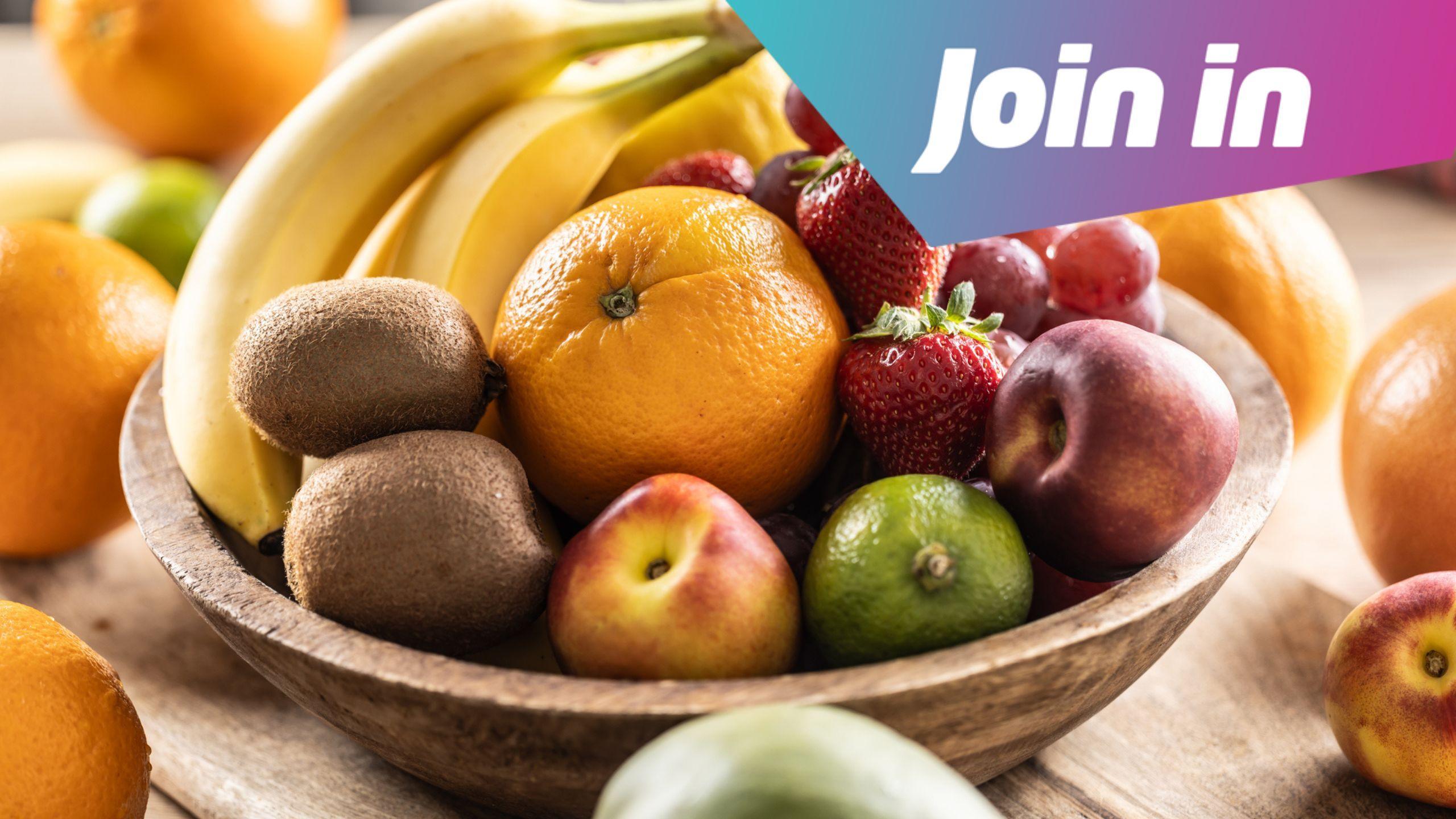Gulls not so gutsy when they're alone, study suggests
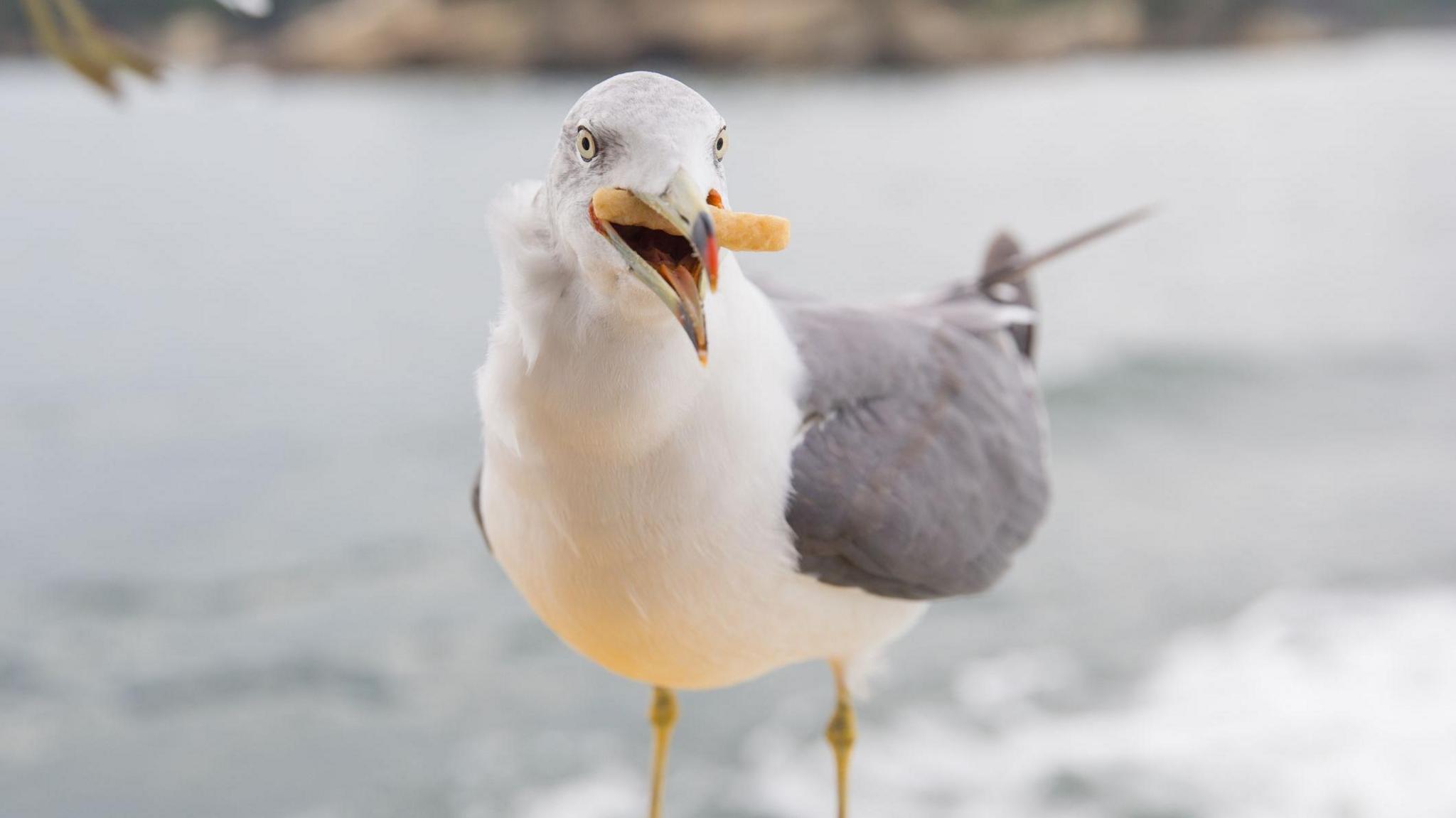
Gulls are known for swiping food!
- Published
Let's set the scene - you sit down to enjoy a delicious snack on a sunny day at the beach when a peckish gull swoops in and swipes your food!
It's the stuff of nightmares, right? But the birds might not be as brave as their reputation suggests, according to a new study.
The research shows gulls are more likely to take risks - including stealing food - when they're in a group compared to when they're alone.
It's down to something called neophobia, which is a fear of things that are new or unfamiliar.
More like this
- Published21 August 2024
- Published29 April
- Published25 May 2023
As part of the study, a team of researchers from Ghent University in Belgium carried out tests with 54 young herring gulls.
They wanted to find out if and how quickly the birds approached food with an unfamiliar object close by, and also whether being around other gulls impacted how quickly they went for the food.
Each of the birds was given a unique marking before the test so they could be easily detected by a camera mounted on the roof.
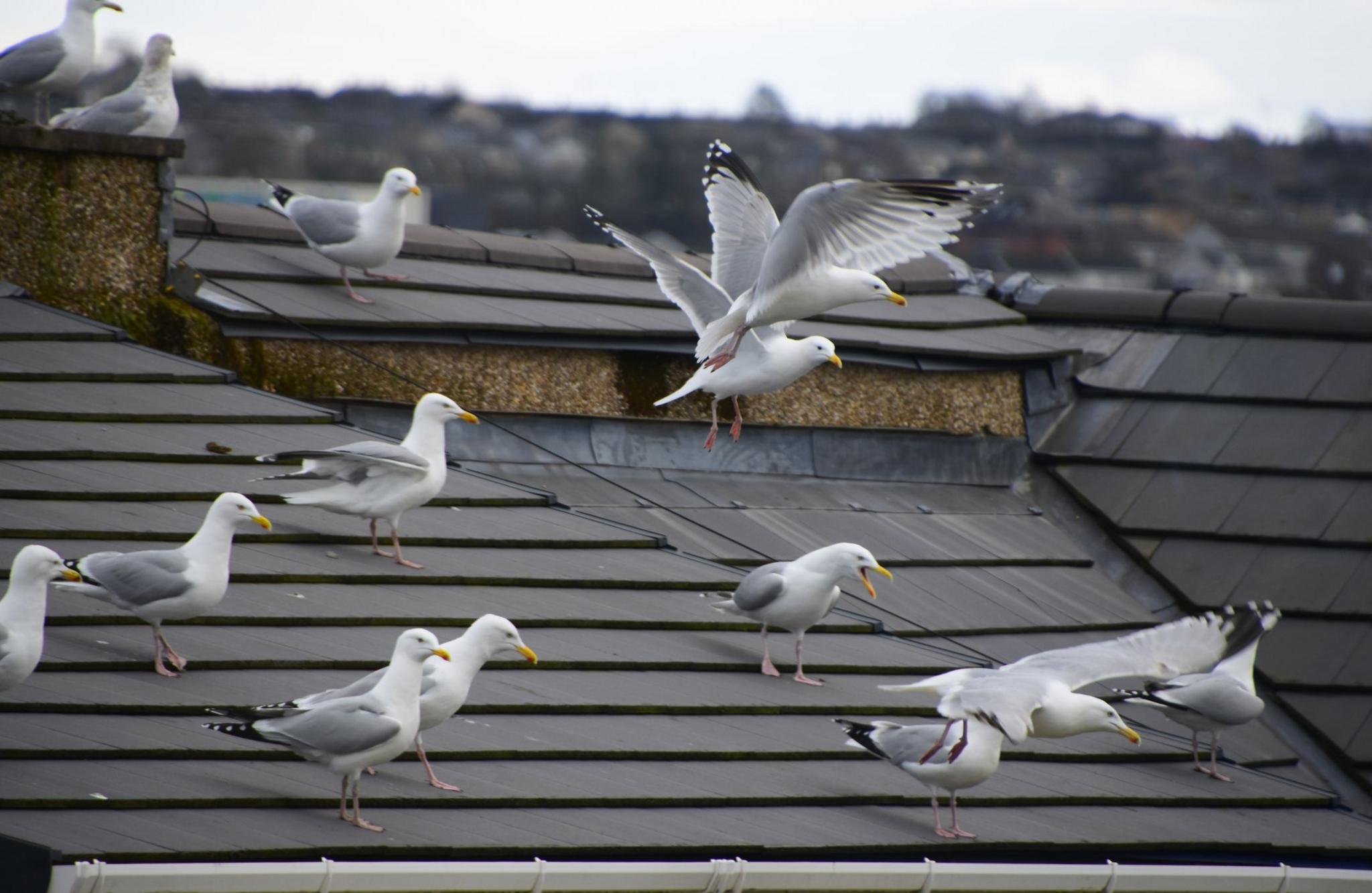
Better together - the study suggests gulls are braver when they're around their fellow birds
Before the testing, a plate filled with fish was placed at the back of an enclosure close to either an object the birds were already familiar with, or one that was brand new to them.
Some of the objects included a blue bucket, a colourful ball and a yellow brush.
Then either a single bird, or group of gulls was given access to the enclosure for 10 minutes at a time.
What were the results?
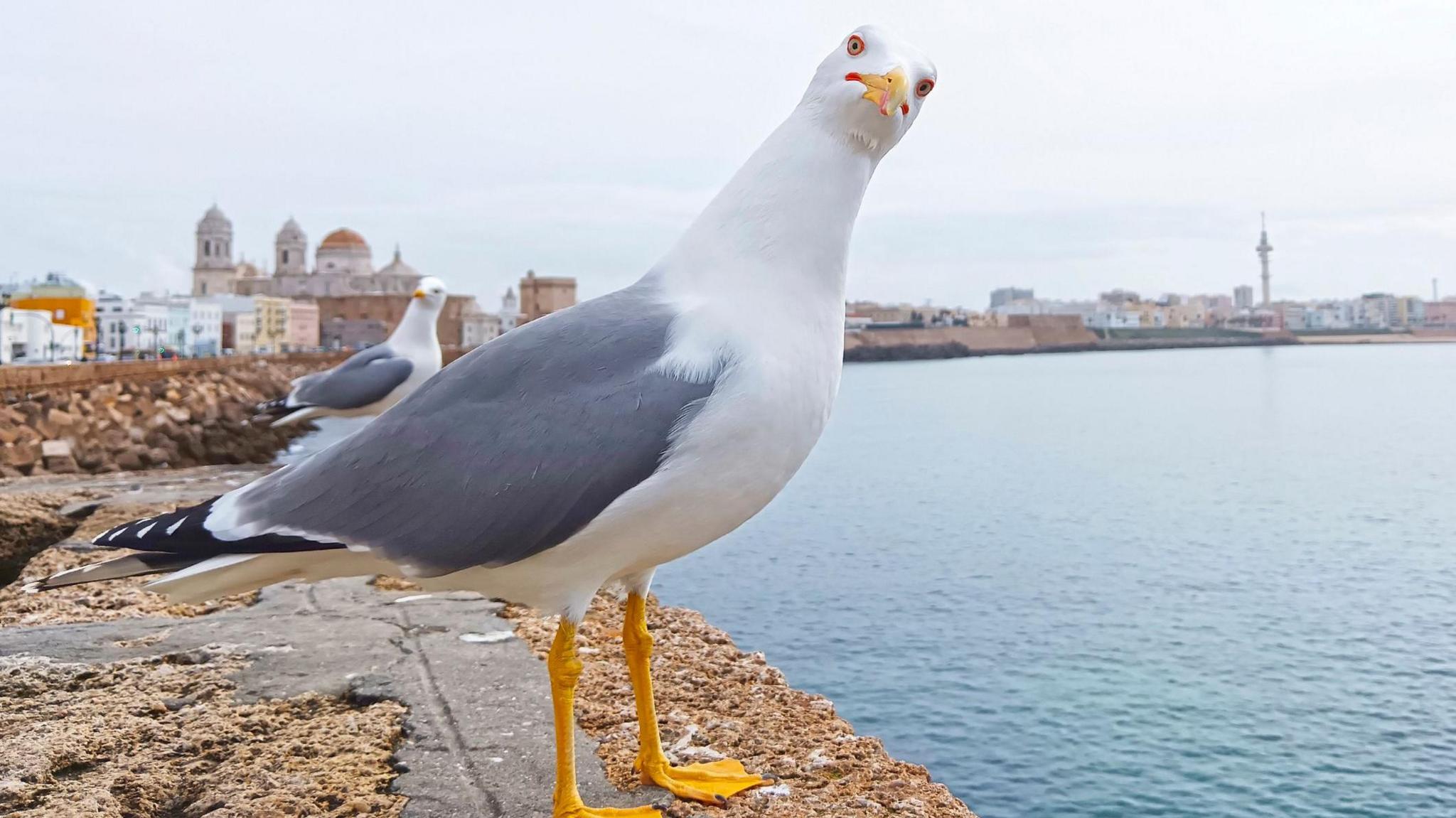
The study found the birds in groups were quicker to eat the food presented to them compared to gulls which were tested alone.
More specifically, the birds in groups with familiar objects ate the food the quickest, with the birds in groups with new objects eating the food at the second fastest rate.
Individual birds with unfamiliar objects took the longest time to eat, with 24 of them not eating anything during the trial.
The final results suggest the presence of fellow gulls reduces the risk the birds feel when they're alone, encouraging them to behave with less caution.
So next time you see a group of gulls eyeing up your food, watch out - you might want to make a move before they do!
The latest Newsround stories
- Published2 days ago

- Published7 days ago
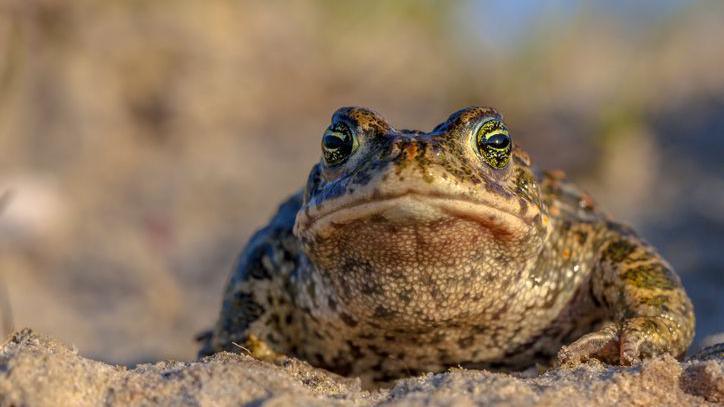
- Published2 days ago
